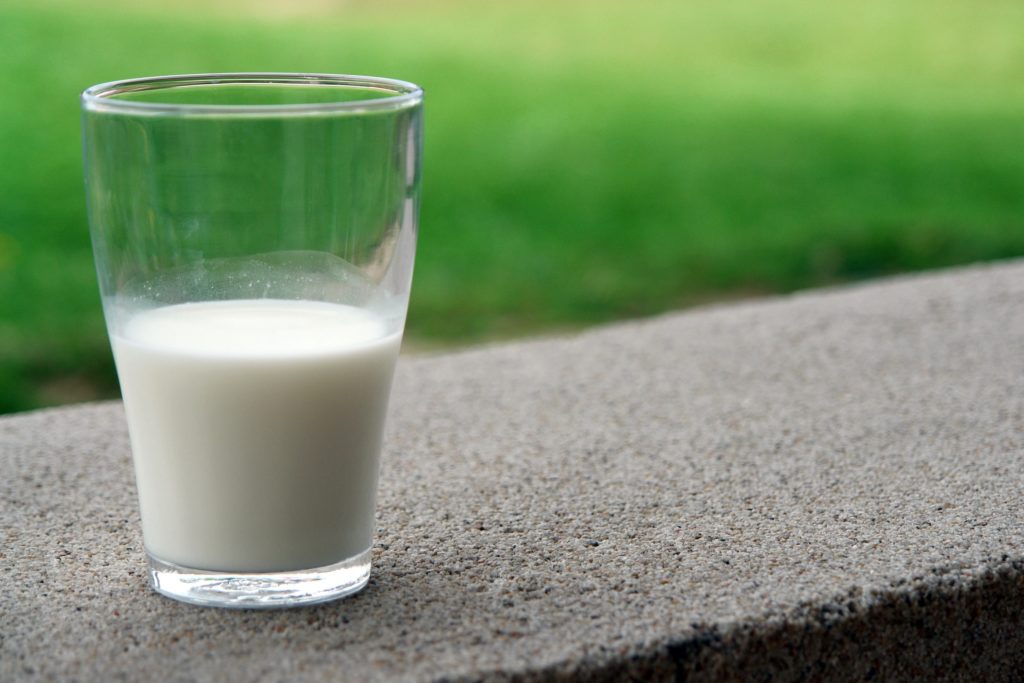Food Tech Investments In Europe are Down, But Not Out, Report Finds
4 Mins Read
Just how robust is funding for food tech startups in Europe? A new report takes a deep dive.
A new report on the European food tech industry shows a decrease of 36 percent in investments between 2021 and 2022. But according to DigitalFoodLab, which authored the report with funding from Nestlé, investments in the future of food actually grew.
Investments doubled
The report found that nearly €6 billion was invested in European food tech startups in 2022 — almost double the amount invested in 2019 and 2020. Investments in AgTech startups grew by almost 50 percent, benefiting from the current energy and food supply chain crisis.
In an email sent to Green Queen, co-founder and partner at DigitalFoodLab Matthieu Vincent told us that after having spent time compiling the report’s data, he is optimistic overall.
Investments decreased overall by 36 percent but, according to Vincent, “if we remove delivery startups, they actually grew by 21 percent, which is quite remarkable in the current context,” he told Green Queen via email.
“Moreover, a large share of this money went to “long-term focused” startups betting on technology to solve the issues of our food system, such as alternative proteins.”
He added that the overall decline in total funding is primarily due to the disappearance of mega deals and said that pre-seed and seed deals are still here. “In a word, investors and entrepreneurs are still massively putting their energy and money into the future of food. And more and more are choosing to do so in Europe.”

Vincent says some categories stand out positively (packaging, for example) while others were almost wiped away like payment solutions for restaurants. “It is the same for countries,” he says. “The U.K. and France still grew quite significantly while Germany’s food tech investments went down by almost 90 percent.”
The Nordic countries ranked third behind the U.K. and France. And a number of Eastern European countries ranked because of single startups; Estonia with Bolt and the Czech Republic with Rohlik. Germany and Spain were among the strong followers, while countries like Italy and Poland had limited money invested in food tech but possess strong potential.
Hope for the future
Despite quarterly investments in food tech still declining, there is hope for the future. While there are likely to be more challenges in securing capital, the report notes that some may still raise with a downturn at a lower valuation. However, those startups that raised with unrealistic profitability prospects may go bankrupt in the year to come.
But realistic examples are visible in all directions. Spanish-based plant-based food brand Heura, says it increased its international sales by more than 260 percent in 2022. France, long a holdout in alternative protein, saw funding for a number of innovations in dairy and meat alternatives over the last year.

But with increased retail and food service interest in emergent categories such as precision fermentation and cultivated meat, funding could see a renewed boost in the coming months. A report late last year found similar trends. As plant-based meat sales declined in the U.S., Dr. Catherine Tubb, Director of Research at Synthesis Capital, said it’s all part of the “S” curve growth. “History is littered with examples of technological products and services that were adopted with the famous ‘S‑curve,’” writes Tubb. “This adoption shape is ubiquitous, with products as diverse as refrigerators, cars, color TVs, and smartphones all showing that same familiar S-shaped curve.”
The new report notes that despite current trends, the industry remains optimistic about the sector’s future. Technology-focused startups with long-term profitability prospects are still receiving funding and the shift to profitability may be a positive thing for some startups. The report says there has never been a better time to invest in food tech, whether as a future entrepreneur, a large agrifood or financial company, or an investor.



